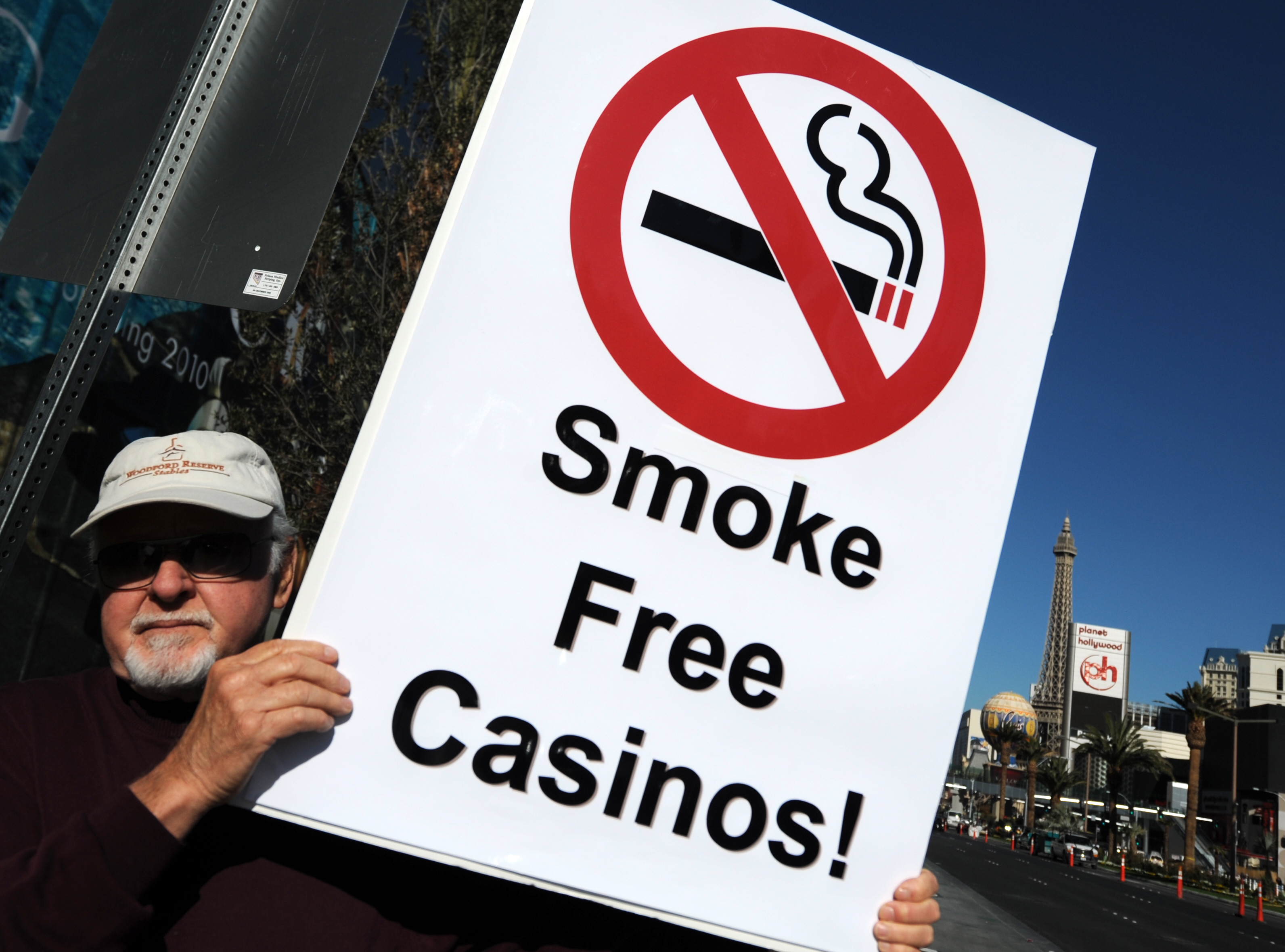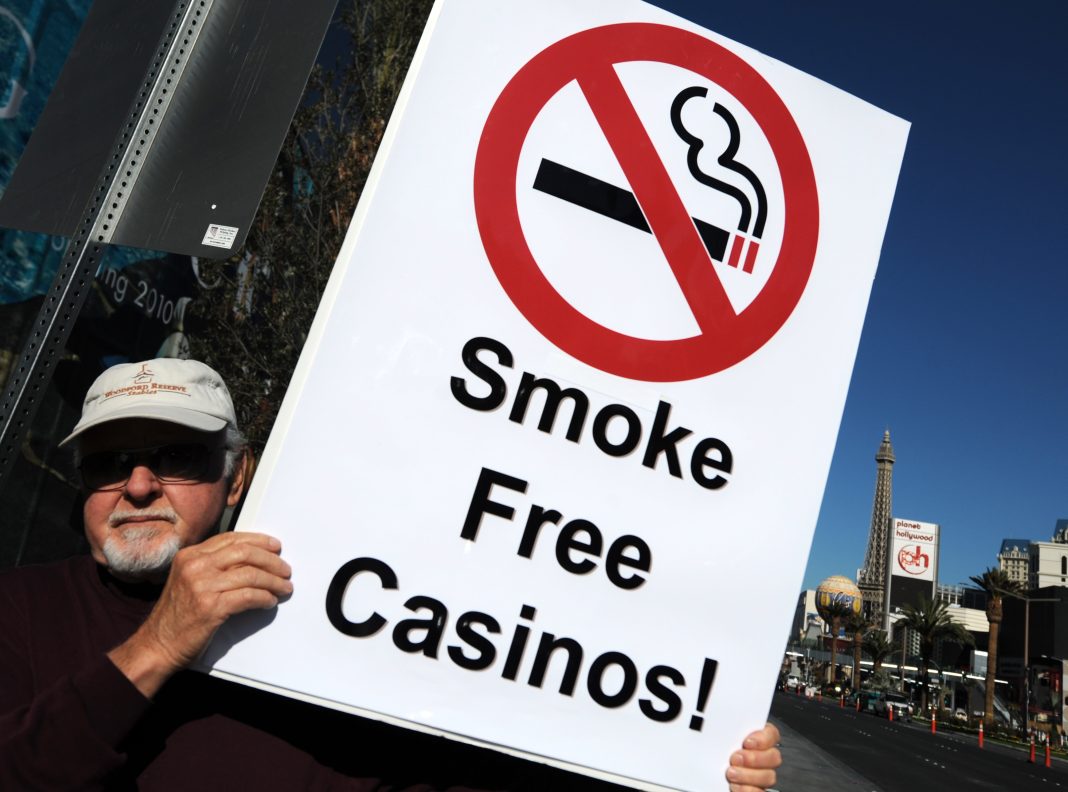 Smoke-Free Casinos: The Battle for Shareholder Votes
Smoke-Free Casinos: The Battle for Shareholder Votes
Introduction:
A new strategy has emerged in the battle to ban smoking in casinos: the shareholder vote. Proposals sponsored by Trinity Health and the Americans for Nonsmokers’ Rights Foundation have made it onto the ballot at Boyd Gaming, Bally’s Entertainment, and Caesars Entertainment. These proposals aim to force the companies to study the costs associated with allowing smoking indoors. Despite owning a tiny fraction of these companies, Trinity Health has used its shareholder status to fight for various health initiatives. The Securities and Exchange Commission denied the casinos’ requests to keep the proposals out of the proxy materials, ensuring that all shareholders receive them.
The Impact of Smoking on Casinos:
Advocates for smoking bans cite research by C3 Gaming, which concluded that smoke-free casinos generate more revenue and outperform competitors that allow smoking. They argue that shareholders should be aware of the higher health insurance premiums for employees, greater maintenance costs, and the potential loss of customers who dislike the smoke. However, Boyd argues that it has seen a negative impact in states that banned indoor smoking and believes that decisions on smoking policies should be left up to the properties to follow local trends.
The Economic Impact of Smoke-Free Casinos:
Caesars board member Jan Jones Blackhurst believes that the decision to ban smoking in casinos should be left up to governments. She points out that experience has shown that smoke-free casinos can experience a significant economic hit. When casinos prohibit smoking, revenues can fall by 20% to 25%, leading to potential layoffs. Unions have mixed responses, with some worrying about job losses while others, like the United Auto Workers, highlight the risks of secondhand smoke exposure for employees.
The Health Risks and Recommendations:
The Centers for Disease Control and Prevention states that no amount of exposure to secondhand smoke is safe, emphasizing the need for 100% smoke-free indoor environments. The U.S. Surgeon General adds that common practices found in casinos, such as separating smoking versus non-smoking sections and ventilation, are not effective protections against secondhand smoke. These findings support the push for smoke-free casinos.
Examples of Smoke-Free Casinos:
While most casinos still permit indoor smoking, some have taken a different approach. MGM Resorts opened the first smoke-free casino resort on the Las Vegas Strip, prohibiting not only indoor smoking but also smoking on the pool deck. The property aims to provide a fresh and different experience for guests by prioritizing clean air. Another example is Parx, a casino operator in Pennsylvania, which decided to remain smoke-free during the Covid pandemic. Despite competing with other local casinos that allow smoking indoors, Parx hasn’t seen a significant impact on its market share. Instead, the company focuses on guest satisfaction scores and surveys that indicate a boost to employee morale.
Conclusion:
The battle for smoke-free casinos is intensifying as shareholders now have a say in the matter. While advocates argue that smoke-free environments can lead to increased revenue and protect the health of employees and customers, opponents highlight the potential economic downturn and job losses. Nevertheless, examples like MGM Resorts and Parx demonstrate that it is possible to operate successful smoke-free casinos. As the conversation continues, the hope is that more casinos will follow suit and prioritize clean air for the benefit of all.


